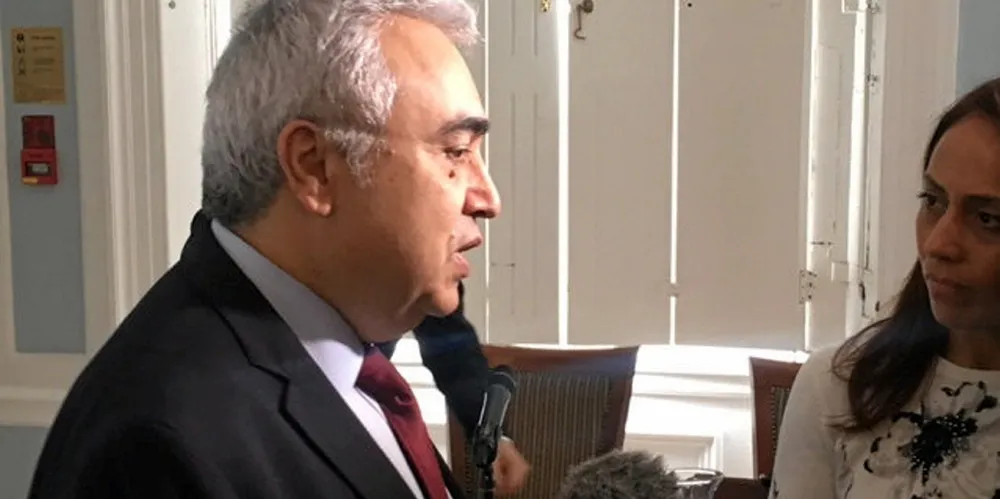EU vice president Timmermans warns of nuclear cost and waste problem
Countries should decide rationally and consider the long-term commitment and massive investments needed

Countries should decide rationally and consider the long-term commitment and massive investments needed
